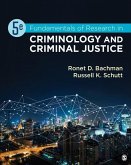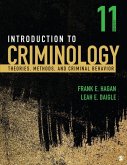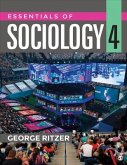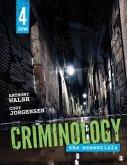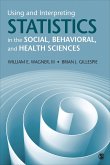Essentials of Statistics for Criminology and Criminal Justice helps students understand the vital role that research and statistics play in the study of criminology and criminal justice by showing them how to conduct and interpret statistics in real-world settings with a step-by-step approach to solving problems. This practical, applied approach offers students the fundamentals of descriptive and inferential statistics in a concise and easy-to-understand format--avoiding complicated proofs and discussions of statistical theory. The examples and case studies provide relevant examples for criminology and criminal justice students, and deal with contemporary issues related to crime, corrections, police, and the judicial system. Students will not only learn about the "how to" in statistics, but they will also recognize its importance in today's criminal justice system.
Hinweis: Dieser Artikel kann nur an eine deutsche Lieferadresse ausgeliefert werden.
Hinweis: Dieser Artikel kann nur an eine deutsche Lieferadresse ausgeliefert werden.

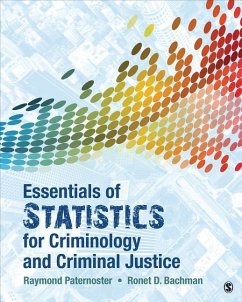
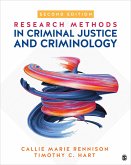
![Understanding Statistics for the Social Sciences, Criminal Justice, and Criminology [with Access Code] [With Access Code] Understanding Statistics for the Social Sciences, Criminal Justice, and Criminology [with Access Code] [With Access Code]](https://bilder.buecher.de/produkte/34/34664/34664240m.jpg)
